UTI
Get In Touch
Call Now
Monday to Friday
9:00 AM To 6:00 PM
Saturday and Sunday
Closed
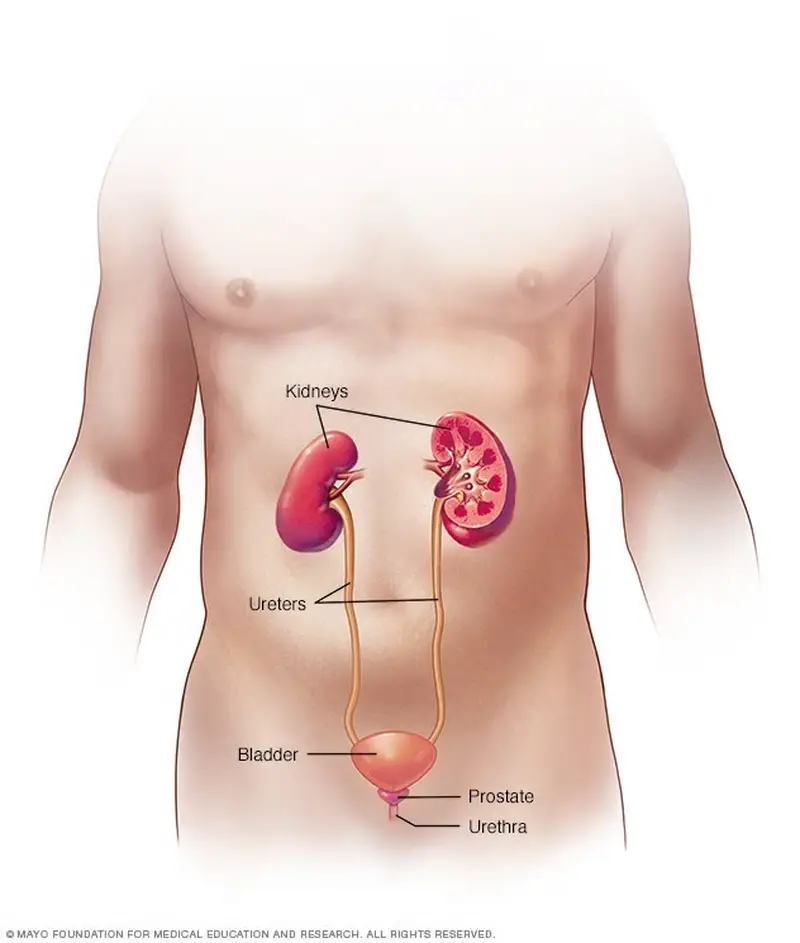
Urinary Tract Infection / UTI
Overview
Female Urinary system —
- Includes the kidneys, ureters, bladder and urethra
- is responsible for removing waste from your body through urine.
- Your kidneys, located toward the back in your upper abdomen, produce urine by filtering waste and fluid from your blood.
- Urine then travels through your ureters to your bladder, where the urine is stored until you can eliminate it at an appropriate time.
Male urinary system
- Includes the kidneys, ureters bladder and urethra
- Is responsible for removing waste from your body through urine.
- back in your upper
- abdomen, produce urine by filtering waste and fluid from your blood
- That urine then travels through your ureters to your bladder, where the urine is stored until you can eliminate it at an appropriate time.
- A urinary tract infection (UTI) is an infection in any part of your urinary system — your kidneys, ureters, bladder and urethra.
- Most infections involve the lower urinary tract — the bladder and the urethra.
- Women are at greater risk of developing a UTI than are men.
- Infection limited to bladder can be painful and annoying. However, serious consequences can occur if a UTI spreads to your kidneys.
Symptoms
- Urinary tract infections don’t always cause signs and symptoms, but when they do they may include:
- A strong, persistent urge to urinate
- A burning sensation when urinating
- Passing frequent, small amounts of urine
- Urine that appears cloudy
- Urine that appears red, bright pink or cola-colored — a sign of blood in the urine
- Strong-smelling urine
- Pelvic pain, in women — especially in the center of the pelvis and around the area of the pubic bone
- UTIs may be overlooked or mistaken for other conditions in older adults.
Types of urinary tract infection
Each type of UTI may result in more-specific signs and symptoms, depending on which part of your urinary tract is infected.
- Kidneys (acute pyelonephritis)
- Upper back and side (flank) pain; High fever; Shaking and chills; Nausea; Vomiting
- Bladder (cystitis)
- Pelvic pressure; Lower abdomen discomfort; Frequent, painful urination; Blood in urine.
- Urethra (urethritis)
- Burning with urination; Discharge
Kidney infection doctors, or urologists, specialize in addressing UTIs and ensuring that the infection doesn’t progress to a more severe kidney infection.
Causes
- Urinary tract infections typically occur when bacteria enter the urinary tract through the urethra and begin to multiply in the bladder.
- Although the urinary system is designed to keep out such microscopic invaders, these defenses sometimes fail.
- When that happens, bacteria may take hold and grow into a full-blown infection in the urinary tract.
- The most common UTIs occur mainly in women and affect the bladder and urethra.
Infection of the bladder (cystitis).
- This type of UTI is usually caused by Escherichia coli (E. coli), a type of bacteria commonly found in the gastrointestinal (GI) tract. However, sometimes other bacteria are responsible.
- Sexual intercourse may lead to cystitis, but you don’t have to be sexually active to develop it. All women are at risk of cystitis because of their anatomy — specifically, the short distance from the urethra to the anus and the urethral opening to the bladder.
Infection of the urethra (urethritis).
- This type of UTI can occur when GI bacteria spread from the anus to the urethra.
- Also, because the female urethra is close to the vagina, sexually transmitted infections, such as herpes, gonorrhea, chlamydia and mycoplasma, can cause urethritis.
Risk factors
Urinary tract infections are common in women, and many women experience more than one infection during their lifetimes.
Risk factors specific to women for UTIs include:
- Female anatomy. A woman has a shorter urethra than a man does, which shortens the distance that bacteria must travel to reach the bladder.
- Sexual activity. Sexually active women tend to have more UTIs than do women who aren’t sexually active. Having a new sexual partner also increases your risk.
- Certain types of birth control. Women who use diaphragms for birth control may be at higher risk, as well as women who use spermicidal agents.
- Menopause. After menopause, a decline in circulating estrogen causes changes in the urinary tract that make you more vulnerable to infection.
Other risk factors for UTIs include:
- A recent urinary procedure. Urinary surgery or an exam of your urinary tract that involves medical instruments can both increase your risk of developing a urinary tract infection.
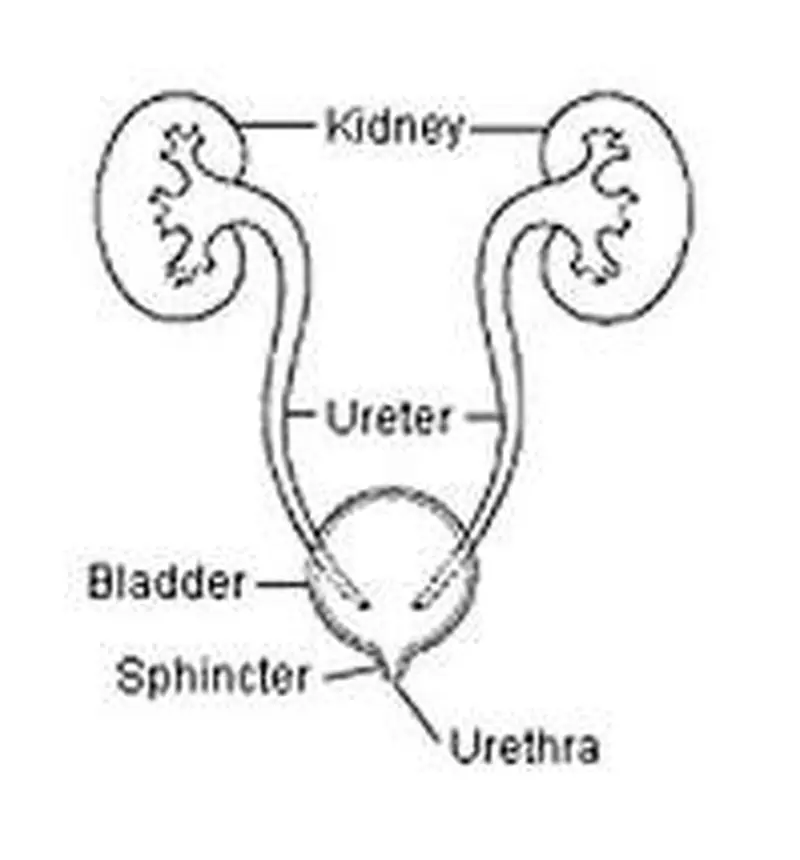
- Urinary tract abnormalities. Babies born with urinary tract abnormalities that don’t allow urine to leave the body normally or cause urine to back up in the urethra have an increased risk of UTIs.
- Blockages in the urinary tract. Kidney stones or an enlarged prostate can trap urine in the bladder and increase the risk of UTIs.
- A suppressed immune system. Diabetes and other diseases that impair the immune system — the body’s defense against germs — can increase the risk of UTIs.
- Catheter use.
- People who can’t urinate on their own and use a tube (catheter) to urinate have an increased risk of UTIs.
- This may include people who are hospitalized, people with neurological problems that make it difficult to control their ability to urinate and people who are paralyzed.
Complications
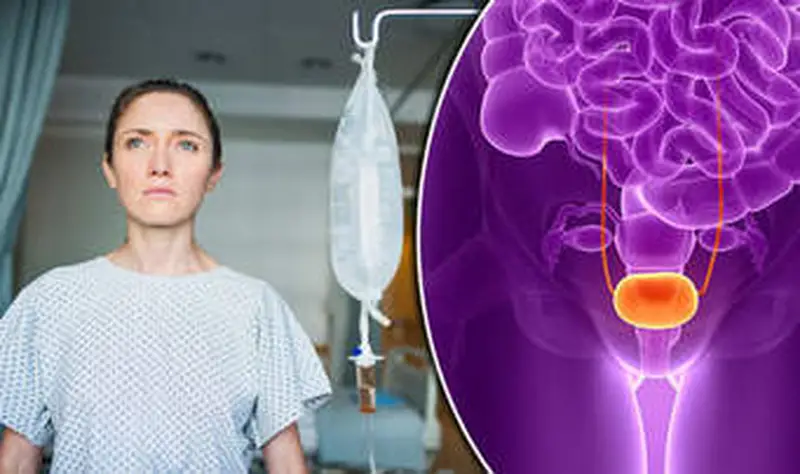
- When treated promptly and properly, lower urinary tract infections rarely lead to complications.
- But left untreated, a urinary tract infection can have serious consequences.
Complications of a UTI may include:
- Recurrent infections, especially in women who experience two or more UTIs in a six-month period or four or more within a year.
- Permanent kidney damage from an acute or chronic kidney infection (pyelonephritis) due to an untreated UTI.
- ncreased risk in pregnant women of delivering low birth weight premature infants.
- Urethral narrowing (stricture) in men from recurrent urethritis, previously seen with gonococcal urethritis.
- Sepsis, a potentially life-threatening complication of an infection, especially if the infection works its way up your urinary tract to your kidneys.
Prevention
You can take these steps to reduce your risk of urinary tract infections:
- Drink plenty of liquids, especially water. Drinking water helps dilute your urine and ensures that you’ll urinate more frequently — allowing bacteria to be flushed from your urinary tract before an infection can begin.
- Drink cranberry juice. Although studies are not conclusive that cranberry juice prevents UTIs, it is likely not harmful.
- Wipe from front to back. Doing so after urinating and after a bowel movement helps prevent bacteria in the anal region from spreading to the vagina and urethra.
- Empty your bladder soon after intercourse. Also, drink a full glass of water to help flush bacteria.
- Avoid potentially irritating feminine products. Using deodorant sprays or other feminine products, such as douches and powders, in the genital area can irritate the urethra.
- Change your birth control method. Diaphragms, or unlubricated or spermicide-treated condoms, can all contribute to bacterial growth.
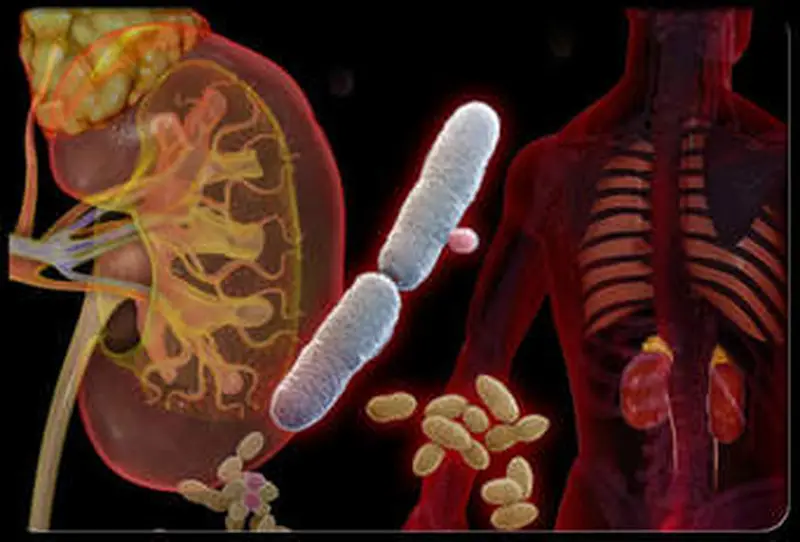
UTI Tests and Diagnosis
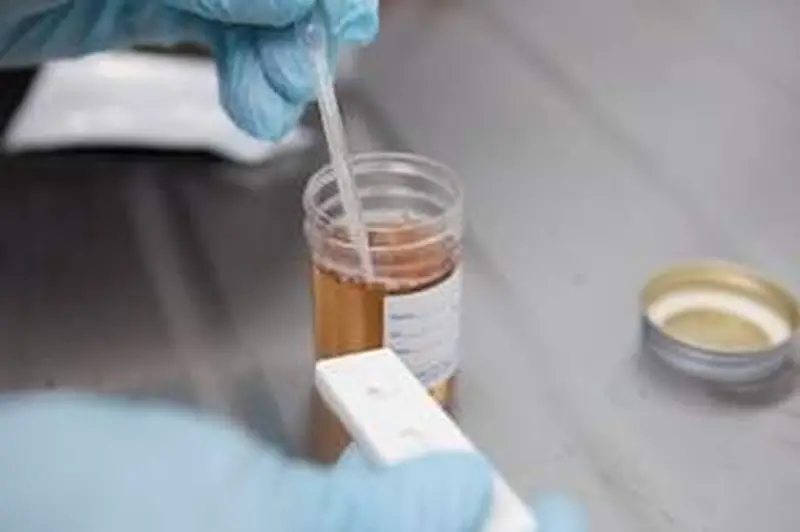
- If you suspect that you have a urinary tract infection, go to the doctor. You’ll give a urine sample to test for UTI-causing bacteria.
- If you get frequent UTIs and your doctor suspects a problem in your urinary tract, they might take a closer look with an ultrasound, a CT scan, or an MRI scan. They might also use a long, flexible tube called a cystoscope to look inside your urethra and bladder.
Treatments for UTIs in Encino
- If your physician thinks you need them, antibiotics are the most common treatment for urinary tract infections.
- As always, be sure to take all your prescribed medicine, even after you start to feel better.
- Drink lots of water to help flush the bacteria from your body.
- Your doctor may also give you a medicine to soothe pain.
- You might find a heating pad helpful.
- Cranberry juice is often promoted to prevent or treat UTIs. The red berry contains a tannin that might prevent E. coli bacteria — the most common cause of urinary tract infections — from sticking to the walls of your bladder, where they can cause an infection. But research hasn’t found that it does much to reduce infections.
What Patients Say
Our Testimonials
Why patients trust Dr. Farah with their health

Came in with a headache and started to feel sick. Had a big trip for New Years, therefore I had to solve my problems quickly. Dr. Farah helped me right away and treated all my problems, he saved my weekend. Will come here again soon.
Melanie Warner

I was in a lot of pain and I walked in and the receptionist was so lovely. I was into see the doctor within five minutes and he listened to me and was wonderful. I’ve been to a few urgent cares and this one by far is the best !
Tiffany Lee-Frank

I absolutely love Dr Farah and his whole staff on the medical and the spa side. I’m not just saying this, Dr Farah has been my doctor over 10 years and I’ve been using his Rejuvenate spa for about 4 years now. I would give them 10 stars if I could!!!
Lori Brooks

Ashley and Anna are friendly and made me feel welcome and at ease. Dr. Farah was very understanding and answered all my stupid questions. They were all very professional and patient with me.
juli ross
Providing Urgent Care for non-life-threatening health complications

Urgent care services
Monday to Friday
9:00 AM To 6:00 PM
Saturday and Sunday
Closed
17130 Ventura Boulevard,
Encino California 91316






